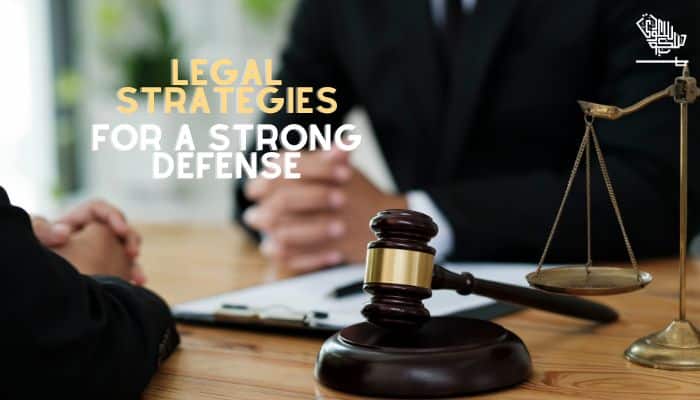Table of Contents
When faced with employment disputes or workplace issues, an attorney’s expertise can be invaluable. However, like any relationship, trust between client and counsel is paramount. It’s not just about finding someone who knows the law; it’s about finding someone who understands you, your values, and your needs.
Navigating workplace challenges can be intricate. These complexities require not only legal expertise but also emotional intelligence, patience, and a genuine dedication to your best interests. So, how do you find this balance in an attorney? How do you ensure that the lawyer you select is not just proficient but also trustworthy?
Research and Referrals
Word-of-mouth is still one of the most reliable means to discover trustworthy professionals. Talk to friends, family, or colleagues who’ve faced similar employment challenges and ask about their experiences with their attorneys. While personal experiences vary, repeated positive mentions of a particular lawyer or firm can be a good sign.
Check Qualifications and Experience
Ensure that your potential lawyer is licensed to practice in your jurisdiction and has experience handling cases specific to employment law. While a general practitioner might be competent, employment law can be nuanced, and having an employment attorney with specialized knowledge can make all the difference.
Initial Consultation is Key
First impressions matter. The initial consultation provides you an opportunity to gauge your comfort level with the attorney. Do they listen actively? Do they ask insightful questions? Are they clear in their communication? This meeting will give you a sense of their expertise, approachability, and commitment.
Transparent Fee Structure
Discuss fees upfront. A trustworthy attorney will be transparent about their billing practices, whether they charge hourly, a flat fee, or on a contingency basis. Ensure you understand what you’re signing up for, what services are included, and if there will be any additional costs.
Seek Responsiveness and Availability
Legal processes can be emotionally taxing. It’s essential to have an attorney who is responsive to your queries and concerns. Whether it’s a quick email response or availability for a call, these small gestures often indicate an attorney’s dedication to their clients.
Review Past Cases and Testimonials
While it’s crucial to remember that every case is unique, looking at an attorney’s track record can provide insights. Have they handled cases similar to yours? What were the outcomes? Client testimonials can also give you a sense of how past clients felt about their experience and the level of trust they had in the attorney.
Ensure Open Communication
The relationship between a client and their attorney should be a partnership. Ensure the lawyer you choose is open to feedback, willing to adjust strategies when necessary, and maintains regular communication about case progress.
Determine Their Approach to Conflict
It’s important to understand whether your attorney leans more toward litigation or mediation. While some disputes may require a courtroom battle, others could be resolved amicably through negotiation. Ensure your attorney’s approach aligns with your desired outcome and comfort level.
Evaluate Firm Resources
If you’re considering a firm, look into the resources they offer. A well-established firm might have more extensive resources, such as a dedicated research team, paralegals, or a network of expert witnesses. While size isn’t everything, the depth and breadth of resources can impact case handling.
Trust Your Instincts
Choosing the right attorney goes beyond just checking qualifications and reviews. An often-underestimated component is your intuitive reaction to the individual. Our instincts, honed over time, are adept at picking up subtle cues that suggest compatibility or potential conflict.
When evaluating potential representation, listening to these inner feelings is crucial. If any interactions make you uneasy or if you sense a lack of genuine concern, it might be indicative that this particular attorney isn’t the right fit for you.
In Conclusion
Selecting the right attorney for your employment-related concerns is not just about credentials; it’s about creating a partnership based on trust.
By taking the time to research, meet, and assess potential attorneys based on the criteria above, you can ensure that your legal representative is skilled in their field and truly dedicated to your best interests. After all, in matters of law, trust is not a luxury; it’s a necessity.
Disclaimer: The information provided here is for general purposes only and does not constitute legal advice. Consult a qualified attorney for advice regarding your specific situation. We do not guarantee the accuracy, completeness, or reliability of the information presented. Any action you take upon the information in this article is strictly at your own risk, and we will not be liable for any losses or damages in connection with the use of this information.




